Safety Technologies
Tragedy & Expense: The High Cost of Low Electrical Safety
Building a Competency Program
Safety Technologies
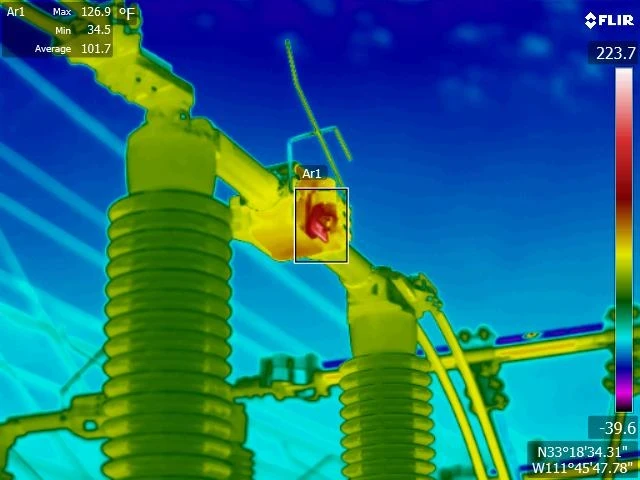
Worker Safety Using Infrared
Infrared safety: using thermal technologies to protect workers
BY DOUG BARRY, FLIR Systems
Disconnect switches, elbow connectors, cutouts, lightning arrestors, oil-filled circuit breakers, and other electrical components tend to heat up before they fail. The ability to detect overheating on such equipment long before it becomes critical is essential for preventing costly unplanned outages and for protecting workers from exposure to potential arc flashes and faults. The experienced and well-trained know it’s crucial to heed...
Related Articles
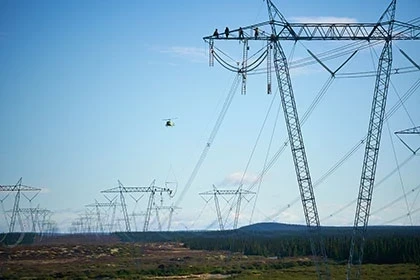
Building a Competency Program
At Valard, our people are the core and health of our business. Without our people, we have nothing. In fact, one of our slogans is “People. First.” However, being a people company means some of our biggest challenges are created by people. Our challenges are unique, as is each person...

Flame-Resistant Apparel for Utility Workers [VIDEO]
Selecting the right FR clothing is the first step. Glen Raven is a global leader in high-performance, inherently flame-resistant protective and hi-visibility fabrics for the utility, petroleum and industrial apparel markets. The health and safety of the men and women in these dangerous...
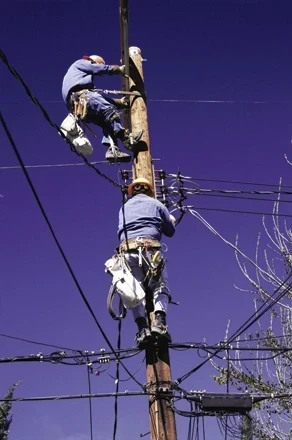
Flame-Resistant Clothing Misconceptions
Misconceptions about using flame-resistant clothing BY DAN BONELLI, Cintas Corporation According to Michael Hyland, chair of the National Electrical Safety Code (NESC) and vice president of engineering services with the American Public Power Association, a 1970s electrical utility commercial...

Electric Utility System Standards
How Ontario regulation can improve electrical safety BY BILL KHASHFE, London Hydro According to an Ontario Electrical Safety Report, 35 percent of the province’s electrical-related fatalities in the past 10 years were attributed to power-line contact. Equipment specifications and electric utility...
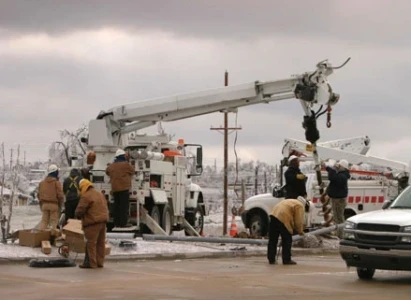
Battery Fires Pose Minor Environmental Risks, ACP Report Finds
Battery fires in large-scale energy storage systems (BESS) have raised concerns, but a recent review by the American Clean Power Association (ACP) found that such incidents pose only minor environmental risks. According to a third-party analysis of U.S. battery fires since 2012, these fires did not...
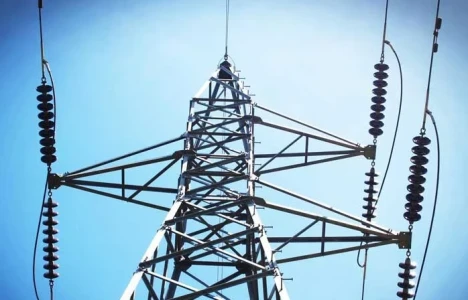
FERC Complaint Targets Duke, PJM Transmission Planning
A coalition of large energy consumers and ratepayer advocates has filed a complaint with the Federal Energy Regulatory Commission (FERC), urging the agency to prohibit transmission owners from independently planning "local" transmission projects exceeding 100 kilovolts (kV). The coalition argues...

12 Tips to Protect Against Common Lineworker Safety Hazards
Lineworkers face numerous risks daily, from respiratory ailments to electrical hazards. These dangers can result in severe injuries, low blood pressure, bleeding, and vomiting. However, by adhering to established safety protocols, contractors and employers can significantly reduce the likelihood of...
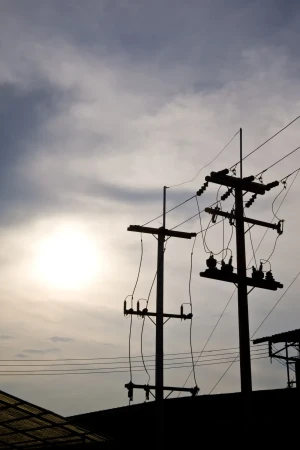
FERC Rejects PJM Transmission Planning Change
The Federal Energy Regulatory Commission (FERC) has rejected a proposal from PJM Interconnection, one of the United States' largest regional transmission organizations, to alter its transmission planning protocol. The decision represents a significant victory for state regulators who had expressed...

A Primer on the Codes and Standards Governing Battery Safety and Compliance
Batteries have greatly influenced the utility industry, and the evolution of battery chemistries has revolutionized their applications. With the emergence of new technologies and advancements in existing ones, standards committees and safety code writers are working to develop best practices and...
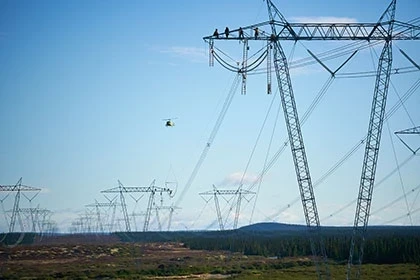
Building a Competency Program
At Valard, our people are the core and health of our business. Without our people, we have nothing. In fact, one of our slogans is “People. First.” However, being a people company means some of our biggest challenges are created by people. Our challenges are unique, as is each person...
